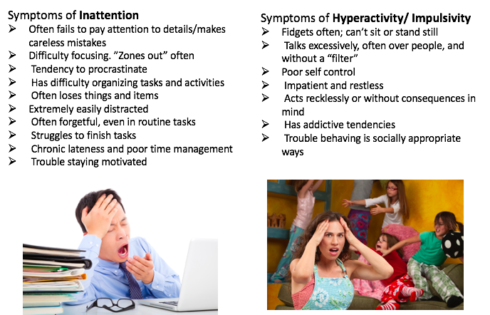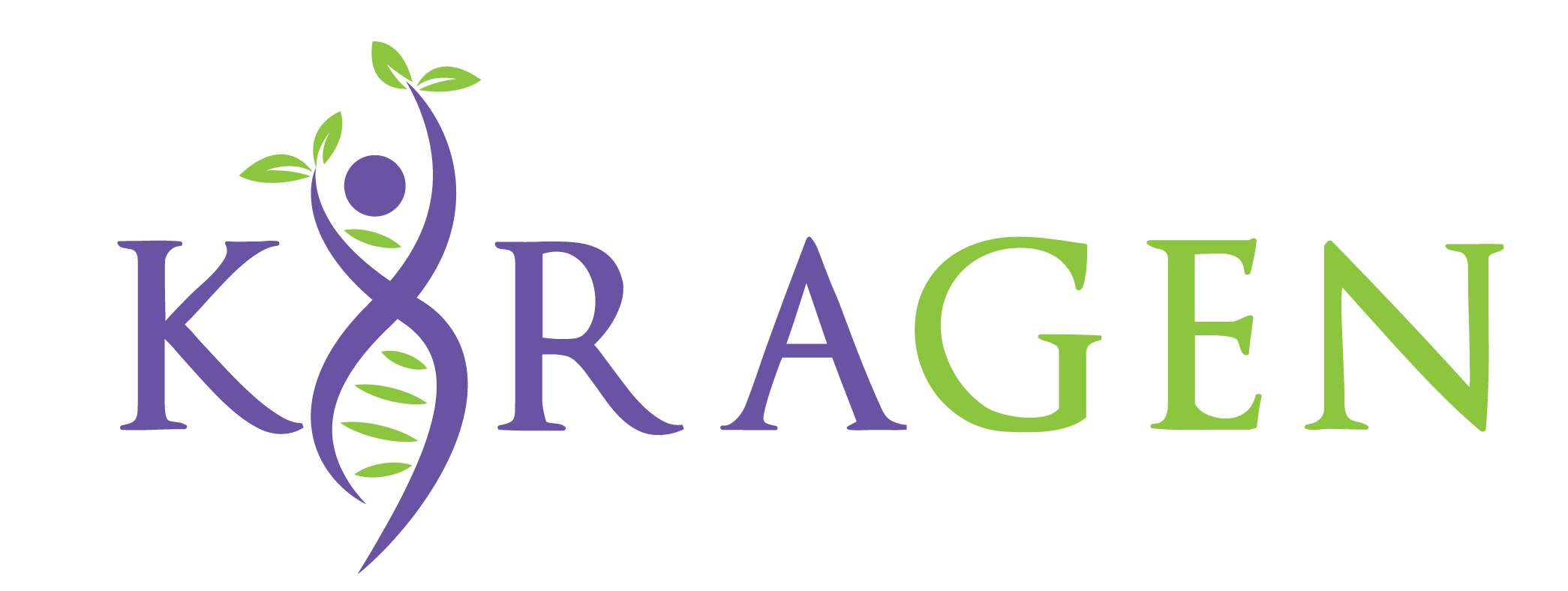ADHD is Genetic
Have trouble concentrating? What about staying organized or controlling your behavior? These might be symptoms of ADHD. The percentage of children with this diagnosis have skyrocketed in recent years, and some children and even adults live their entire lives without officially being diagnosed.
Evidence from research show that ADHD is more of a genetic disorder, as there are many genes linked to ADHD. Although each play a small role, when added up with each other and combined with other complex factors from the environment , they can have a substantial impact on the overall risk. Attention deficit disorder is a heritable disease, but does not have significant correlation with parenting style. Luckily, treatment is available.
What are the symptoms of ADHD/ADD?

What Can You Do?
ØConsult professional advice. ADHD is a disorder that requires the diagnosis of a physician. Some people with ADHD struggle with their jobs and relationships until they receive a diagnosis and get help. This can drastically improve your productivity and overall quality of life.
Ø Be aware that ADD/ADHD can overlap with other behavioral disorders. A person with ADHD is 6 times more likely to have another psychiatric or learning disorder like depression, anxiety or Asperger’s.
Ø Exercise regularly. Exercise releases feel-good neurotransmitters including dopamine and serotonin, which helps with attention, memory, mood and cognition. This is important because serotonin and dopamine imbalance are thought to cause ADHD. However, the best exercises that raise neurotransmitter levels are aerobic activities such as running, swimming and dancing. Martial arts can improve the synaptic networks in the brain as well as boost serotonin levels.
Ø Eat ADHD helpful foods. Food can improve or worsen concentration and other similar ADHD symptoms. Eat a high-protein diet such as eggs, nuts, lean meat, omega-3 fatty acids, and complex carbohydrates such as vegetables.
Ø Avoid food additives and artificial colors, and sugar. Some studies have shown that some food coloring ( especially red and yellow) increased hyperactivity in children. Overall, the American Acadamy of Pediatrics agree that eliminating food additives is a reasonable option for people with ADHD.
Ø Create a routine and follow it.
Ø Love yourself and surround yourself with positive people who make you feel good. It is proven that love, positive feelings and nurturing drastically improves ADHD symptoms in children while agitation, stress and neglect worsen it. Set goals, complement, and treat yourself.
Ø Take a Time-Out from your electronic devices. Children and adults with ADHD often find that their symptoms worsen with increased technology and screen use. Put those iPhone and iPads away when it’s close to bedtime.

